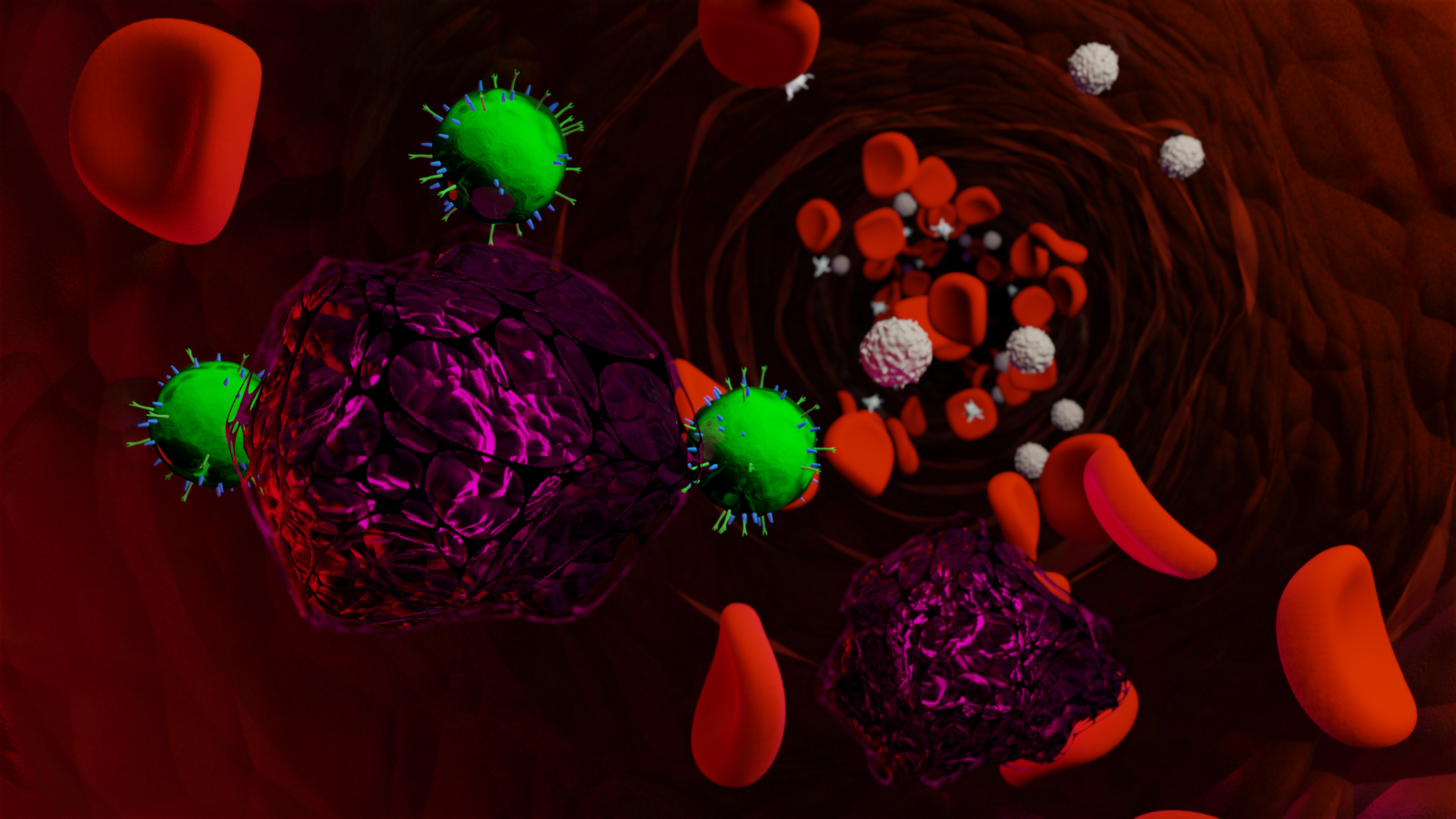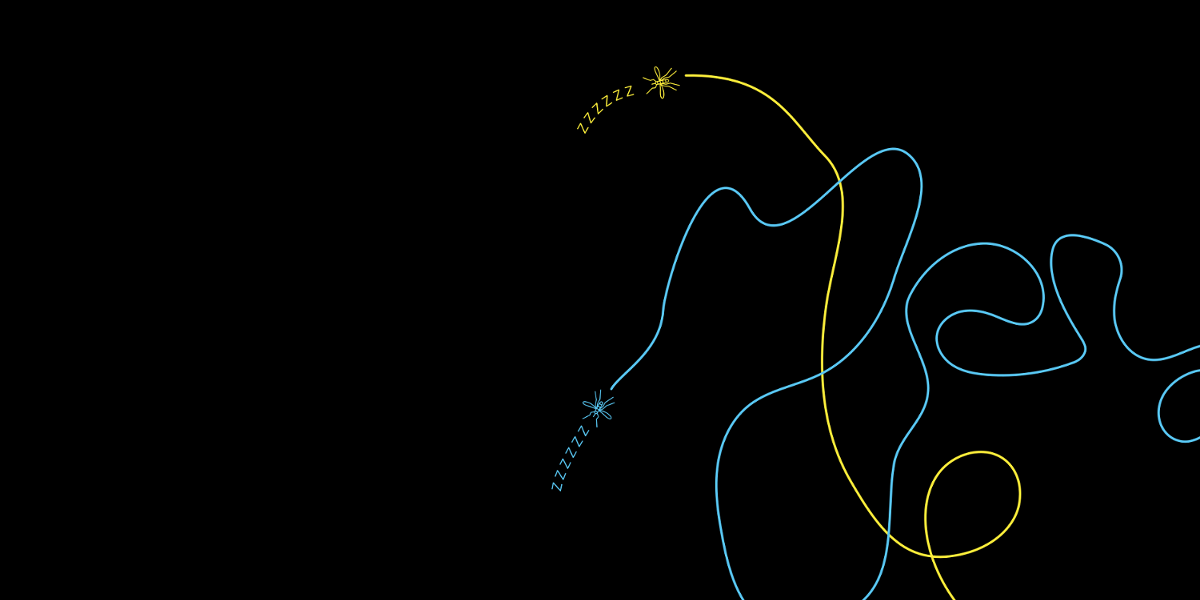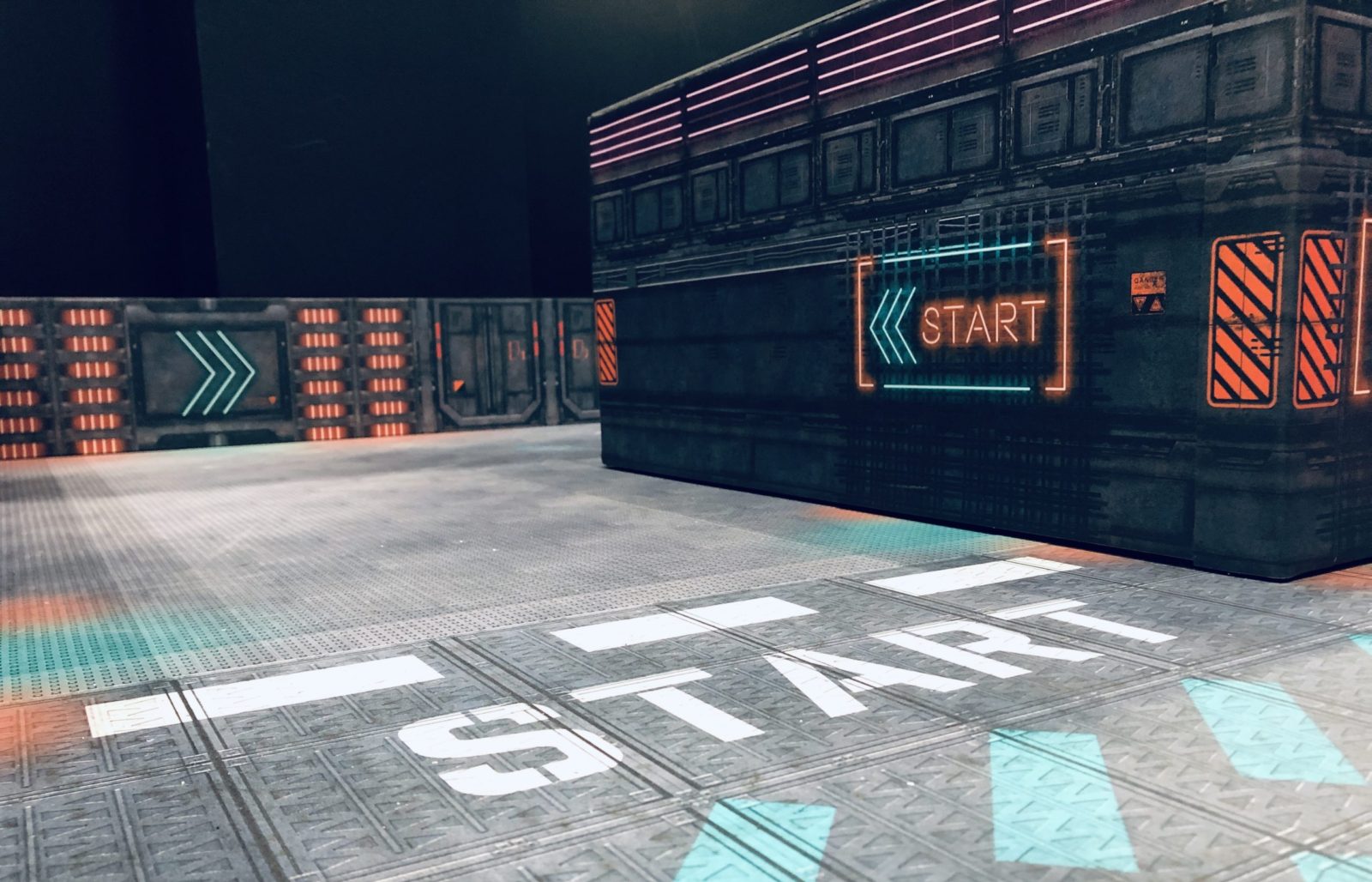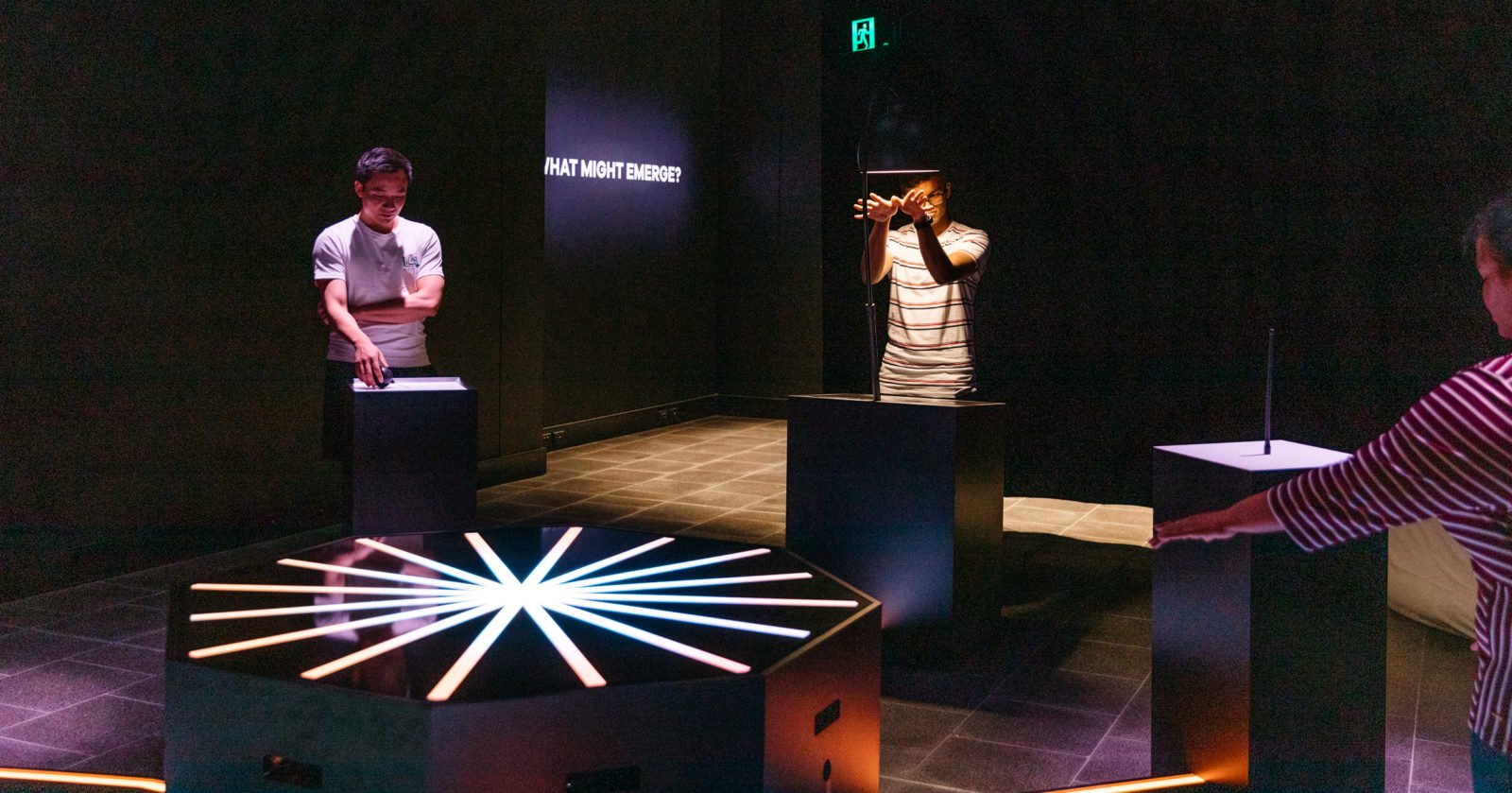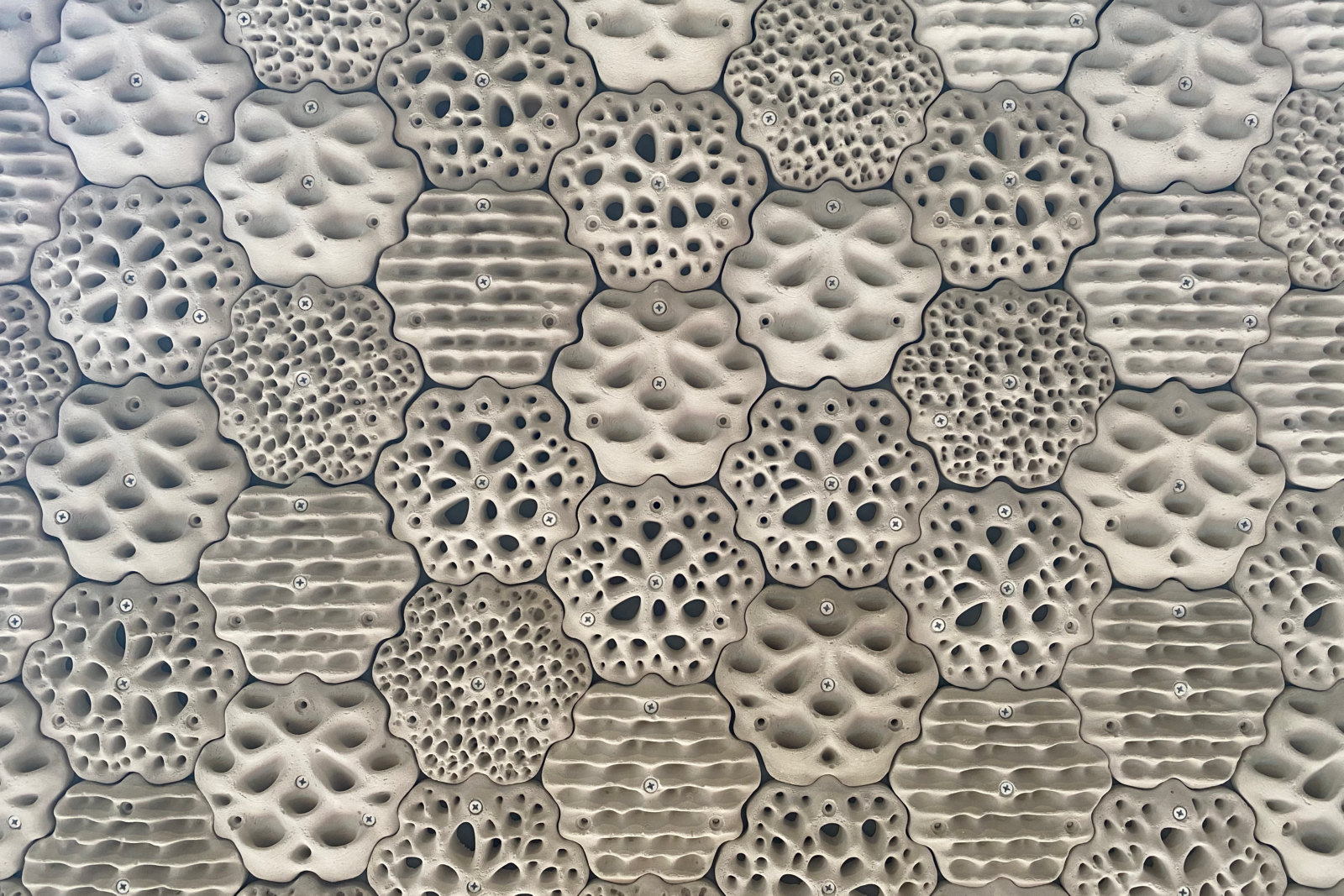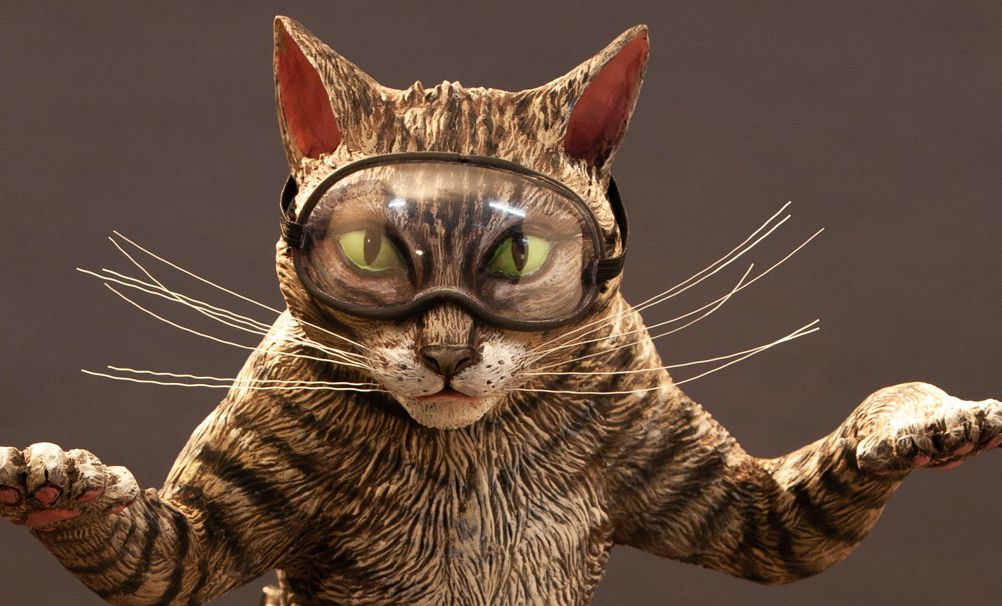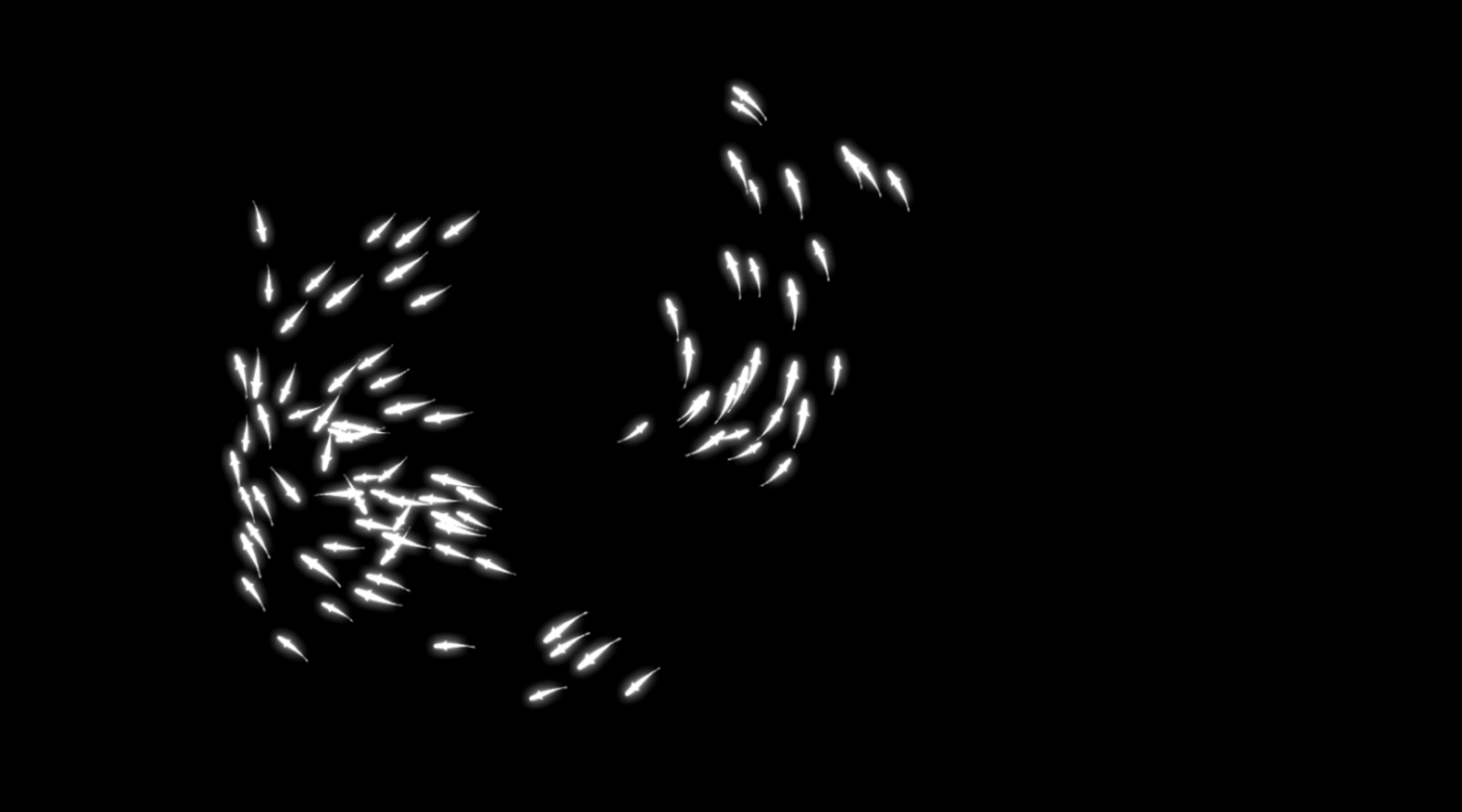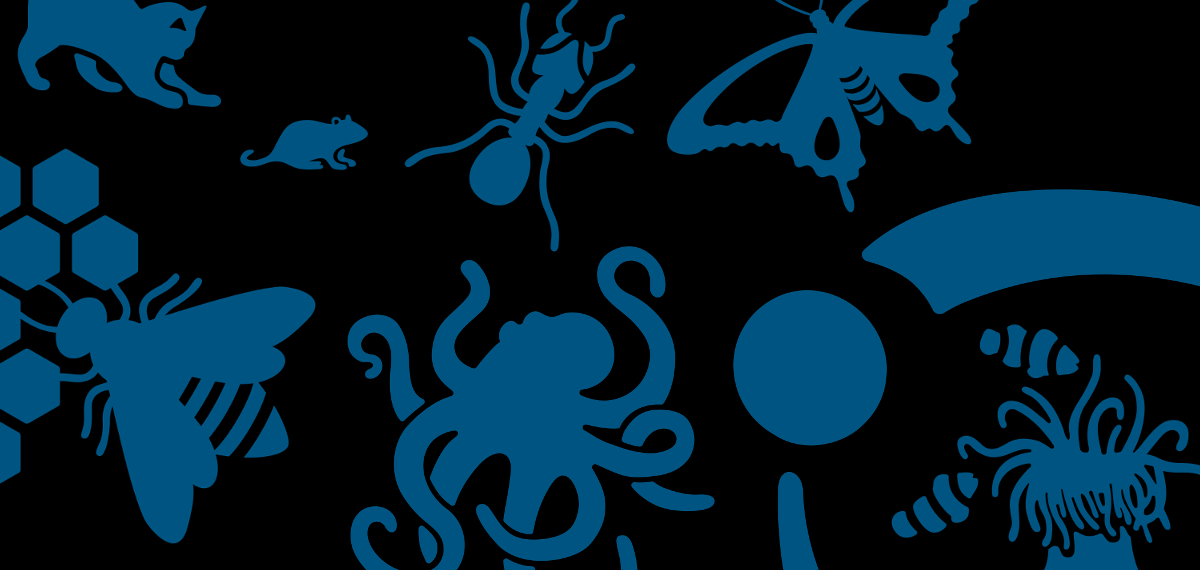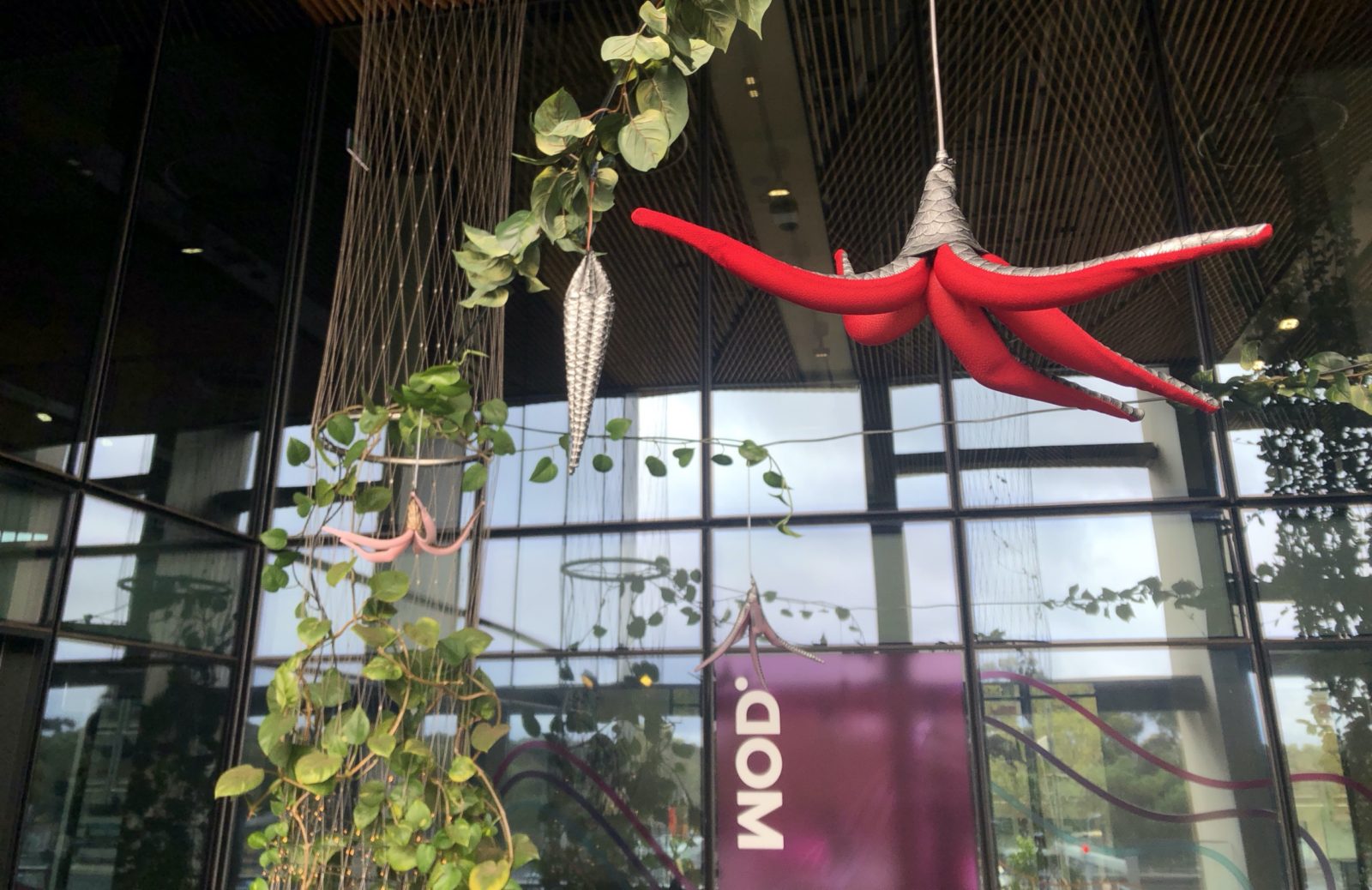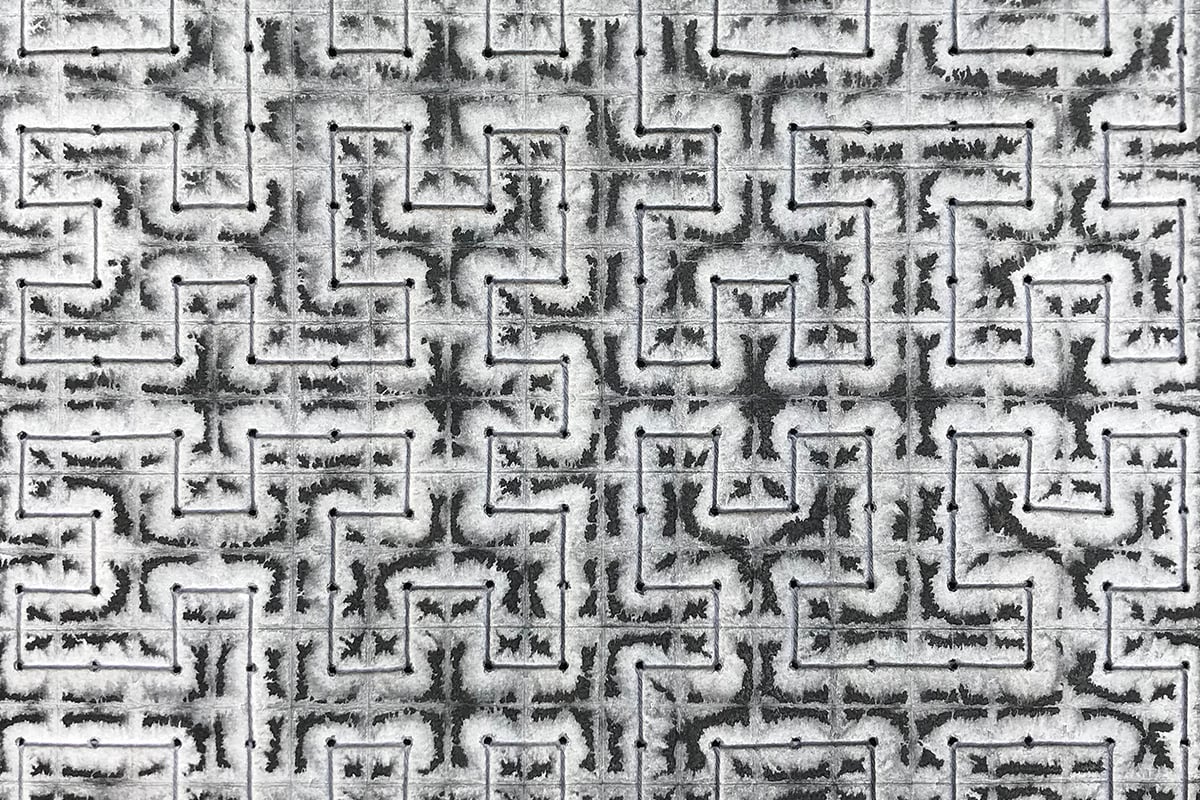Do you have a story to tell?
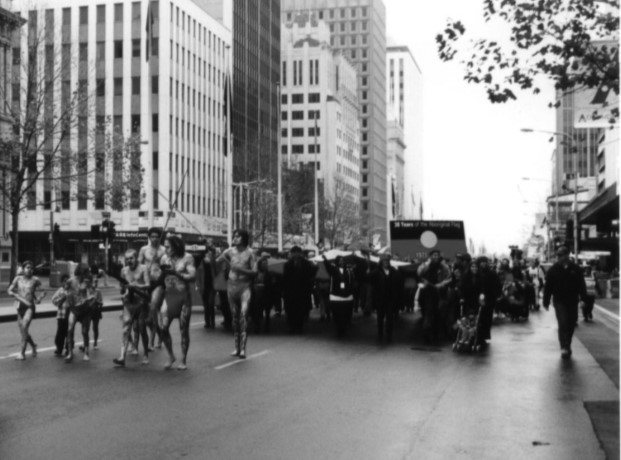
Exhibit Details
Open FebNov 2021
- The Brief
- Let's Complicate Things
The world is a complex place. Stories help us make sense of how things are, how things were, and how things might be.
Discover stories written by First Nations authors weaved throughout the exhibition, that invite you to reimagine the future of our world and others.
Learn about the non-linearity of stories here.
-
Unmovable Mob
Written by Karen Wyld
1986
The toddler picked up the small flag and gently tried again. His baby sister still couldn’t grasp the thin stick the flag was attached to.
His mother shifted the pram, “Leave Tracie be.”
“Come here, Billy,” said their father. “Let’s go see the big flags.”
Billy’s father lifted him up, placing him on broad shoulders. From there, Billy could see above the crowd. A sea of people stretched in all directions. Black, yellow and red flags of all sizes were dotted through the crowd. Billy shifted his focus to a large grey building. People stood on the wide steps, waving flags and signs as they loudly chanted.
Enough is enough. We demand the truth. No more Aboriginal deaths in custody.
Billy frowned, not understanding what the words meant.
“This is a moment of change, son. We’re an unmovable mob. You’ll continue this wave of change when you’re older.”
2020
Tracie put her car keys on the kitchen counter. In the corner of the room, Bill’s kids were at the computer.
“What are you two doing?”
Without turning around, Robbie said, “We’re helping, Aunty.”
Tracie walked over and looked at the screen.
Bobbie turned around, “We’ve been sharing the march details on social media.”
“Smart thinking, bubs. How’s the banner coming along?”
“Almost done,” said Robbie.
Tracie looked at the protest signs on the kitchen table. The paint was still wet, but she could clearly read them: No justice, no peace, no racist police. Black lives matter.
“Is your dad taking you into town tomorrow? Our car is full. Your uncle Ed is going, so we’ll need to take Shae and baby Dee.”
“We’re catching the train. He’s going to meet us there,” said Bobbie.
Tracie nodded, “Which of those signs is for your Nana and Pop?”
2036
Tracie looked up at the sign on the building. When Ed and her started Blak In Business, she didn’t think it would work out. Shortly after, they’d hired their nephew Rob. Once Shae finished uni, she was given a job. Rob and Shae were always talking excitedly about new technology.
They all shared a passion for using science and tech to drive social change. Shae was now pushing for the business to branch into environmental issues. Tracie knew Pop was behind this momentum. Just like he did with Bill and herself, her father shared stories with the grand-kids about the importance of standing up for County and community. Recently, Shae had become very interested in Pop’s tales about protests on the steps of Parliament House.
Shae stood in the doorway, hand on hip, “Are you staying out there all day?”
Tracie smiled, “Not if you’ve got my cuppa ready, daughts.”
2040
Shae thought about Rob. Would he be proud that she and her sister Dee were using his inventions to create chaos? She missed her cuz.
‘Stop wasting time,’ said Dee.
Shae took a deep breath, and pulled her visor down. Dee was already in position, with ten trusted friends beside them.
No justice, no peace, no racist police. Black lives matter.
“Silence,’ shouted the Speaker of the House. “Get them out.”
Parliamentary security personnel rushed towards the rabble; then stopped.
“I said remove them!”
Everyone stared at the centre of the room. One by one, they worked out the puzzle: the protestors appeared to be present through an advanced type of hologram.
No justice, no peace, no racist police. Black lives matter.
Back in the workshop, Shae smiled. She thought how Pop would have approved of this new way to protest at Parliament House. Still an unmoveable mob, Pop.
Karen Wyld is a freelance writer and author of Martu descent, living on the coast south of Adelaide.
Stories define the people who tell them; they are an expression of ourselves. In a neurological sense, stories assist the human brain in navigating the world. Stories allow us to test out new ideas and scenarios in a safe way before deciding how to act in reality. Stories help us break down large systems into accessible combinations of stories.
Indigenous Futurism are speculative fictions written by Indigenous authors. Echoing Afrofuturism, these stories confront, challenge, and subvert norms associated with colonial and racist genre tropes. Instead, these stories take inspiration from the strength of First Nations knowledge systems, world views, stories, language, and traditions to reimagine this world, and others.
Discover more
Watch:
All stories matter – The need for afrofuturism
Read:
The disasters were designed by us – How to tell a story about a complex system
Listen:
Indigenous Futurism and Aboriginal Territories in Cyberspace

